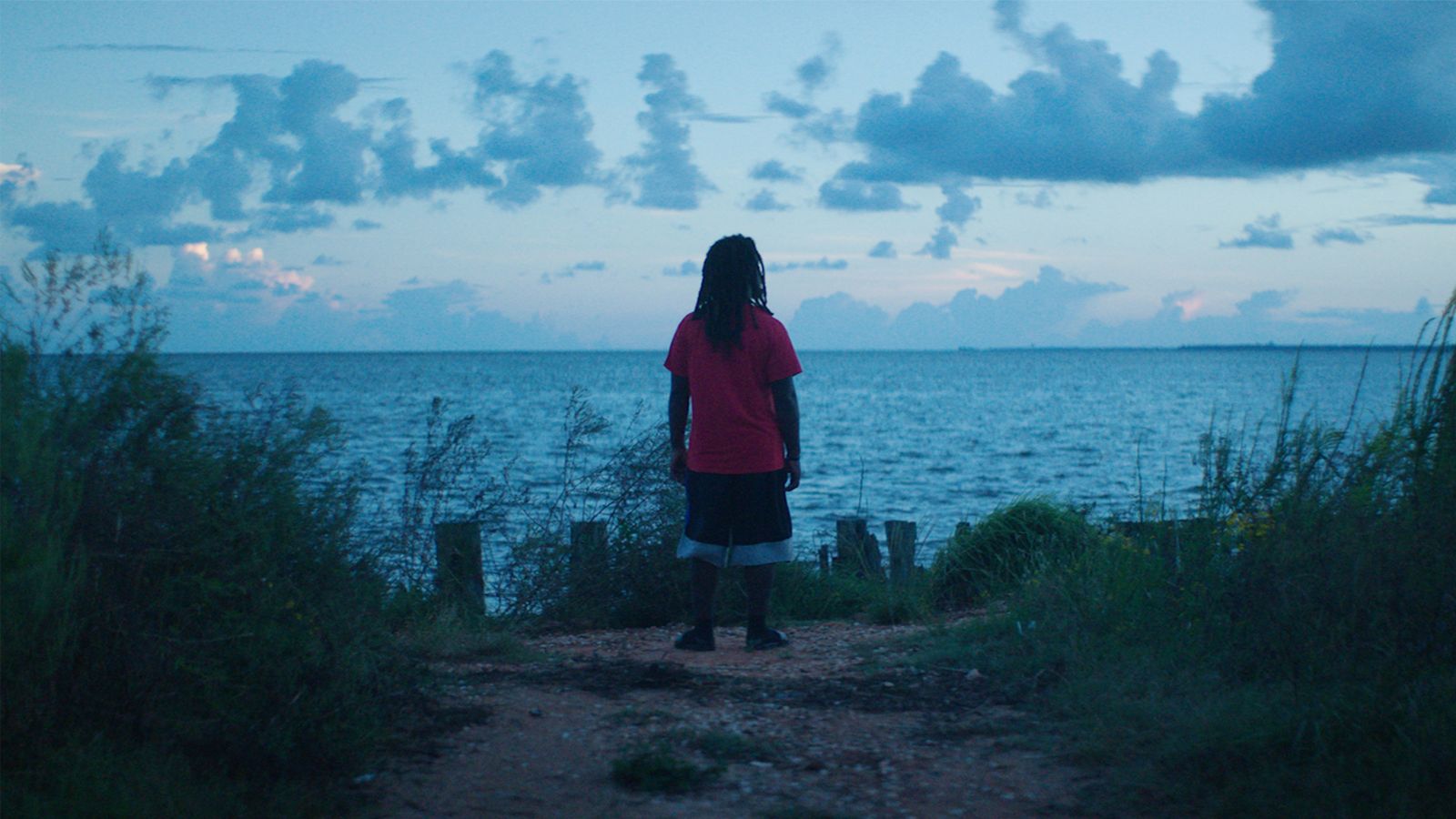Over half a century after international slave trade was abolished in the United States, Timothy Meaher made a bet that he could transport a ship of captives from Africa to the Alabama coast. As owner of the ship The Clotilda, following the 1860 voyage which brought 110 people from West Africa to Mobile, Meaher covered up his crimes (which could have brought him to death) by burning and sinking the vessel. More than 150 years later, Mobile’s Africatown community––made up of direct descendants whose ancestors were ripped away from their lives of freedom––are searching for truth and closure as the remnants of the slave ship remained a buried mystery. As captured in Margaret Brown’s intimate, powerful documentary Descendant, the quest for answers and the story of how this overlooked community has been marginalized throughout history has ripples far beyond a sunken ship.
First meeting some of the Africatown community when filming her 2008 documentary The Order of Myths, Brown reunited in 2018 when reports of wreckage from The Clotilda had been uncovered, and a sense of close connection with her subjects swells throughout Descendant. A vital tale about the importance of passing down generational history, we hear about the familial grapevine of sharing the direct experience from the ship’s last known survivor Cudjoe Lewis. Miraculously captured in footage and writings by anthropologist Zora Neale Hurston––said to be the first Black female filmmaker–– in 1931, four years before his death, her book of his story Barracoon: The Story of the Last Black Cargo was finally published in 2018, leading to renewed interest in uncovering the truth. For these present-day residents, they’ve lived with this history for so long and the lack of tangible veracity has been a heavy burden. To be able to prove to the rest of the world that this crime against humanity occurred would be a life-altering reconciliation.
Brown exhibits profound complexity in this portrait of a community, interviewing some who believe the discovery of this slave ship may just lead to the town being another tourist stop, resulting in history repeating itself as a boom in the economy would just line the pockets of the upper-class white residents further. “I don’t want to be part of it. I want to be it,” one Africatown real estate agent says, then coming to an exasperated resolution that “I have no idea how to make that happen.” Descendant leaves proper space for these complicated questions about what true justice would even mean today and the frustrations of having little tangible way to seek proper closure. With no one to punish criminally since Meaher is long dead and gone, this community only has remnants of the past to grapple with. Visiting a “historic” plantation, Emmett Lewis (a direct descendant of Cudjoe Lewis) ponders how he’s now sitting in the chairs that his ancestors weren’t allowed to even though they lived in the house. Giving more spectrum to the story, Brown also interviews descendants of slave owners, as they tell stories of how their teaching of the confederacy was all about the heroics of the generals, not the slave trade, questioning in what other place would there be schools and monuments named after the losing side of the war.
By giving consideration to a variety of perspectives, including the horrific acts of environmental racism affecting this community, Descendent emerges as an immensely powerful study of defining what equality and reconciliation can even hope to look like for a people who have been repudiated for generations. While Brown shares glimmers of a more promising existence, she doesn’t diminish the difficult conversations that need to be had, including a striking passage in which both descendants of slaves and slave owners open up a dialogue for the first time. The blame, hurt, and misguided attempts at trying to find silver linings are present, but so are the first steps at potential healing.
With remarkably immediate cinematography and an intimate understanding of its subjects, Descendant becomes an essential ideal of how to tell a community’s story: not through distant talking heads, but capturing moving bodies through land and history, giving a voice to those that can often feel powerless. We’re seeing the unfiltered history told through the eyes of those experiencing it and the necessity to keep generational records by any means necessary so that the brutality of a painful past can lead to righting the wrongs still apparent in the present.
Descendant premiered at the 2022 Sundance Film Festival.

